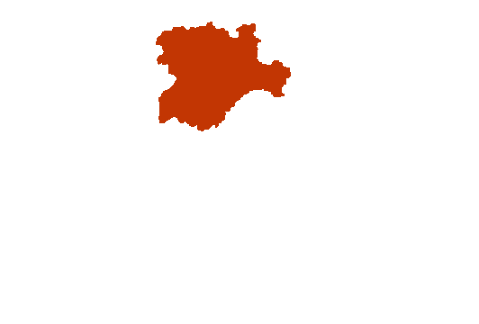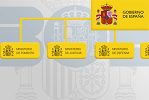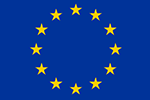Connection to the water suply
Content
The consumer’s right to be connected
The service of supplying drinking water is the sole responsibility of local authorities, and must be provided to homes and all lawfully constructed buildings in built-up areas.
Contractual relations for the service provision must be governed by general rules (ordinance or regulation), approved by the local authority and published in the official journal.
Who should I contact to request water supply services?
The supply of drinking water is the responsibility of local authorities, and they can manage this directly, or through public or private companies acting as a universal provider for a whole municipality or for a specific territorial area.
You should contact the local authority to find out who the water supplier is, and whether it is the local authority itself, or a public or private company.
Requests for connections to water services/supply should be addressed to the supplier.
Where can I check water supply prices and fees?
It is the responsibility of local authorities to issue a municipal ordinance regulating water supply, and approving the prices and charges relating thereto.
Usually local authorities charge for all home-related services in the same bill, such as water, sewerage, purification, solid waste collection; other local taxes may be included too.
Rules setting out the prices must be published in the official journal.
What documentation is needed to request a new water supply connection (if the building is not already connected)?
Requests for a connection to water services will be addressed to the supplier. The following information or documentation will normally be required:
- Full name and ID card/NIE/passport of the person named on the contract.
- Address of the premises, dwelling or land to be connected and/or supplied.
- Proof of the right of ownership or use of the property. Ownership may be proven by a notarised contract of sale or a document from the land register. The right of use can be proven by a lease agreement.
- The intended use of the water supply (domestic, industrial, agricultural use, etc.).
- Installer’s certificate, approved by the Autonomous Community. This document must be given to you by the developer who built your home, if it is a new build; or by the previous owner, if it has been previously owned.
- The customer’s bank account for direct debit payment. Acceptance of the responsibilities and costs/fees arising from the connection and the customer's rights.
Additional documentation may be required in the case of a property which has not been connected previously. You should contact the supplier to find out what exact documentation is needed.
Where appropriate, the supplier will provide the connection and/or supply requested as per the conditions and time limits set out in the local authority’s relevant rules.
What documentation is needed to request a water supply connection if the building is already connected?
The documentation will be less complex if the building is already connected. Usually:
- Full name and ID card/NIE/passport of the person named on the contract.
- Address of the premises, dwellings or property being supplied.
- Proof of the right of ownership or use of the property. The right of ownership may be proven by a notarised contract of sale or a document from the land register. The right to use can be proven by a lease agreement.
- The customer’s bank account for direct debit payment. Acceptance of the responsibilities and costs/fees arising from the connection and the customer's rights.
In any event, you should contact the supplier to find out what exact documentation is needed.
The supplier will provide the service as per the conditions and time limits set out in the local authority’s relevant rules.
What documentation is needed to update the customer’s name on a water supply connection?
The documentation will be less complex if the property has already been connected and just an update of the customer’s name is being requested. Typically:
- Name and ID card/NIE/passport of the person named on the contract.
- Address of the premises, dwellings or property being supplied.
- Proof of the right of ownership or use of the property. The right of ownership may be proven by a notarised contract of sale or a document from the land register. The right to use can be proven by a lease agreement.
- The customer’s bank account for direct debit payment. Acceptance of the responsibilities and costs/fees arising from the connection and the customer's rights.
In any event, you must contact the supplier to find out what exact documentation is needed.
The supplier will provide the service requested as per the conditions and time limits set out in the local authority’s relevant rules.
Complaints and claims
Any complaint or claim may be made to the supplier, or in writing to the main office of the local authority![]() .
.
Inability to pay bills, disconnecting the supply, and support for people on low incomes
The water supply will not be disconnected for non-payment without a notification requesting payment being sent beforehand.
Any disconnection of the supply must comply with the procedure laid down in the ordinance or regulation governing the service and published in the official journal.
An appeal in writing may be made to the local authority against an order to disconnect the supply.
Support for people with disabilities
You should contact the supplier to find out what support is available for people with disabilities.
Información por Comunidades Autónomas






Andalucía Aragón Asturias, Principado de Balears, Illes Canarias Cantabria Castilla y León Castilla-La Mancha Cataluña Ciudad de Ceuta Ciudad de Melilla Comunitat Valenciana Extremadura Galicia Madrid, Comunidad de Murcia, Región de Navarra, Comunidad Foral de País Vasco Rioja, La










